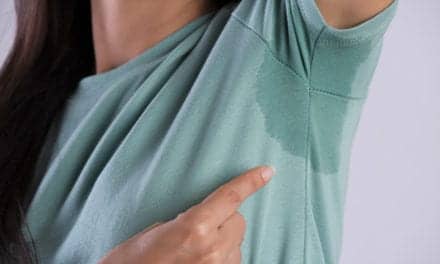The Aesthetic Society recently released its annual statistics for 2019 reflecting data collected only from plastic surgeons certified by the American Board of Plastic Surgery, the only survey in the United States to focus exclusively on the specialty. The latest data illustrates a 14.9% decrease in breast augmentation surgery, the number one aesthetic surgical procedure since 2017. Additionally, breast implant removal (explantation) increased 34.4%.
The decrease in breast augmentation surgery and increase in explantations highlights the critical need for research surrounding breast implant devices and tools to empower patients. The Aesthetic Society has launched new efforts to educate patients who have had or are exploring breast implant surgery; developing information technology and conducting research to serve the needs of all stakeholders including breast implant patients, surgeons and the Food & Drug Administration (FDA):
- “Aesthetic One – The Patient App”: Developed through support from Allergan the mobile platform is tailored to empower patients— facilitating two-way doctor-patient communication and acquiring essential data related to breast implant patients. The app is under development and will be available to patients in fall 2020.
- The Aesthetic Surgery Education and Research Foundation (ASERF) is the research arm of The Aesthetic Society. ASERF identifies and pursues issues relevant to the advancement and safety in aesthetic medicine. Recently, ASERF awarded a significant research grant towards a pilot study to identify a genetic predisposition to BIA-ALCL.
- Patient Decision Aid (PDA): The Aesthetic Society’s Informed Consent Task Force in collaboration with Chelsea Hagopian, DNP, APRN, AGACNP-BC developed an evidence-based PDA to improve the quality of the informed consent process. This PDA will support prospective breast implant patients with the critical education needed to provide informed consent. The Aesthetic Society’s PDA is designed for use throughout the consultation and informed consent process to assist in shared decision-making. It is structured to help prepare patients for each decision point before breast augmentation surgery and during the lifespan of the breast implant.
“The decrease in breast augmentation surgery last year does not come as a surprise to our membership as breast implant devices remain fiercely discussed,” explains Herluf G. Lund, MD and President of The Aesthetic Society, in a media release.
“Our members are committed to patient safety, advancing the quality of care, and practicing medicine based upon the best available scientific evidence. The research we perform and tools we create are all to empower the patient and ultimately provide the safest possible outcome.”
Additionally, The Aesthetic Society released the top five non-surgical procedures performed in 2019 by board-certified U.S. plastic surgeons:
- Botulinum Toxin (including Botox, Dysport, Xeomin) 1,712,994 procedures
- Hyaluronic Acid (including Juvederm Ultra, Ultra Plus, Voluma, Perlane, Restylane, Belotero) 749,409 procedures
- Hair Removal (laser or pulsed light) 180,332 procedures
- Nonsurgical fat reduction (including CoolSculpting, Vaser Shape, Liposonix) 129,686 procedures
- Photo Rejuvenation (IPL) 99,740 procedures
[Source(s): The Aesthetic Society, PR Newswire]




